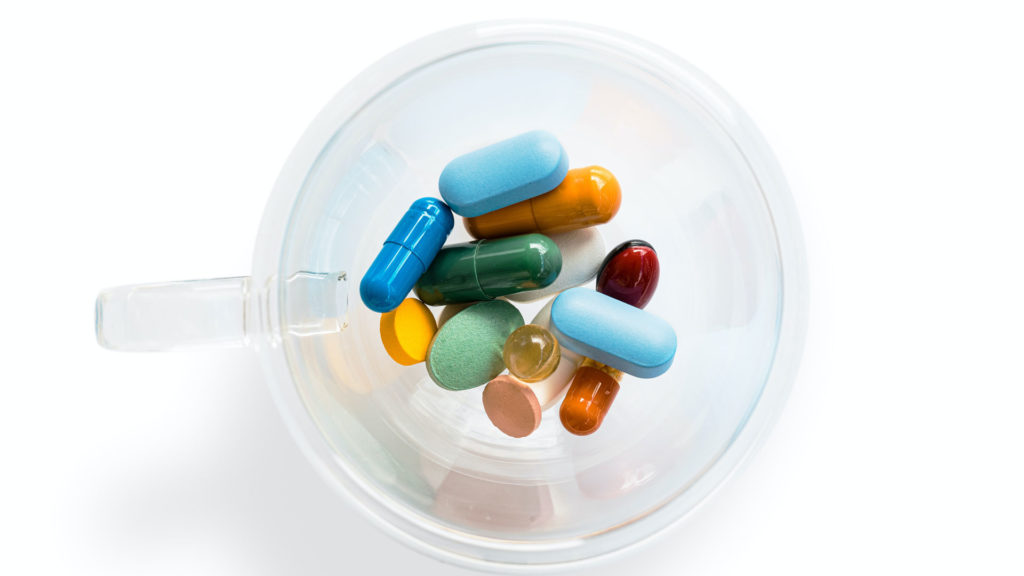A variety of things influence your emotional well-being, including how often you exercise, how happy you are at work or at home, and how effectively your finances are managed. However, the nutrition you put into your body has a significant impact on your mood.
It’s only natural that if you’re not eating the correct sorts of meals with the necessary nutrients, you’ll be weary all of the time and won’t look or feel your best. However, there are occasions when you may feel depressed for no apparent cause.
You might be suffering from sadness, the physical impacts of anxiety on your body, or just not obtaining enough nutrients in your diet. That’s when some mood support supplementmay help you to elevate your mood.
Let’s read the article before you look for “essential oil set”.
Vitamin D
Vitamin D production may decline or be totally absent during the winter months, depending on where you live and your lifestyle. Getting at least 20 minutes of sun exposure each day (after wearing sunscreen) is necessary. You may also take vitamin D pills with 2,000 IU each day.
Omera-3
Omega-3 fatty acids, sometimes known as omega-3s, are essential for brain function. They’re notably helpful for reducing depressive symptoms, enhancing cognitive function, and increasing general mood.
Eat fatty fish like mackerel, salmon, and herring to get extra omega-3s in your diet. It’s also found in almonds, walnuts, chia seeds, and flax seeds, among other nuts and seeds. If you don’t like fish, fish oil tablets are a fantastic alternative.
Vitamin B6
Vitamin B6, also known as pyridoxine, is essential for both physical and psychological health. It’s extremely important for nerve health. It may also aid in the treatment of various neuropsychiatric diseases, such as depression. I suggest taking 25 milligrams every day. If you’re on the pill, you could need extra.
Vitamin B3
Niacin, also known as vitamin B3, is involved in the creation of serotonin, a neurotransmitter that allows brain and nervous system cells to connect with one another. Serotonin deficiency may have a role in depression. However, taking vitamin B3 may help keep your levels in check.
Folate
This essential ingredient, commonly known as folic acid or vitamin B9, aids the body in the formation of new cells. Pregnant women with a vitamin B9 deficiency are more likely to give birth to a baby with neural tube disorders such as anencephaly and spina bifida.
A deficit might also lead to depression. Aim for 400 micrograms of folic acid per day, which is the National Institutes of Health’s recommended dose.
Vitamin C
Studies have demonstrated a considerable decrease in anxiety and depression when adequate doses of C were taken, either via food or supplements.
However, Vitamin C is a water-soluble vitamin and this vitamin is not stored in the body. So be sure to take it regularly to maintain healthy levels. This is one of the mood support supplement whichmay improve your mood as well as provide a variety of other health advantages. I suggest a daily dose of at least 100 mg and no more than 2000 mg. More than that may result in diarrhea.


